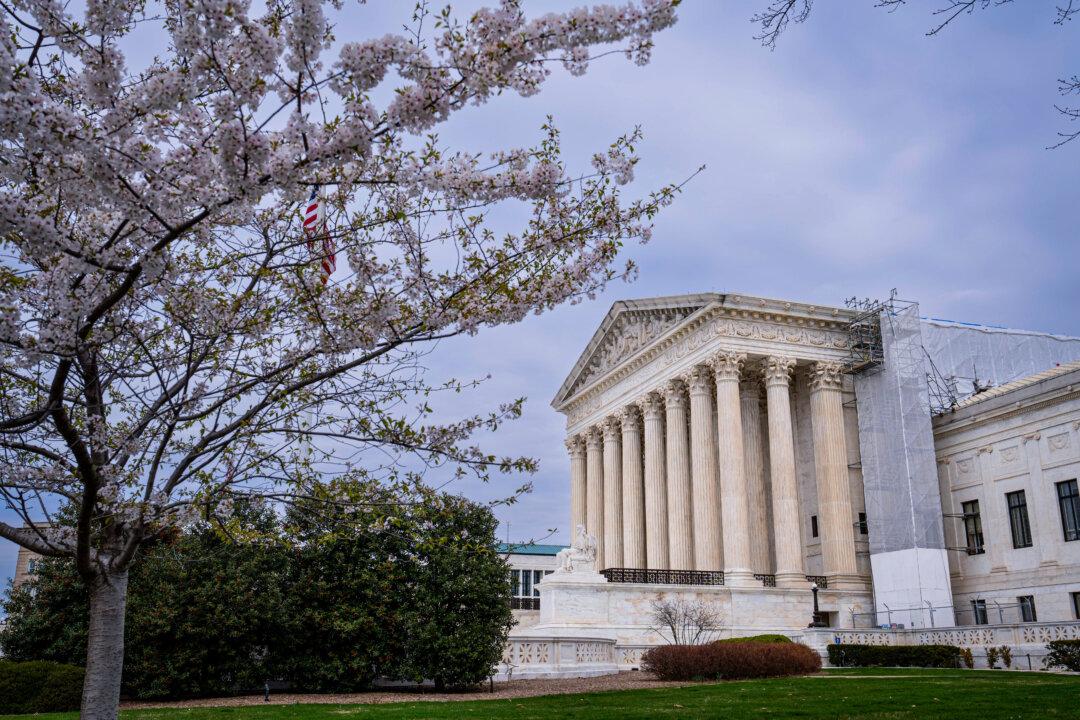The Supreme Court agreed on April 22 to consider the Biden administration’s rule regulating so-called ghost guns that can be assembled at home.
Oral arguments in the high-profile case are likely to take place in the fall.

The Supreme Court agreed on April 22 to consider the Biden administration’s rule regulating so-called ghost guns that can be assembled at home.
Oral arguments in the high-profile case are likely to take place in the fall.